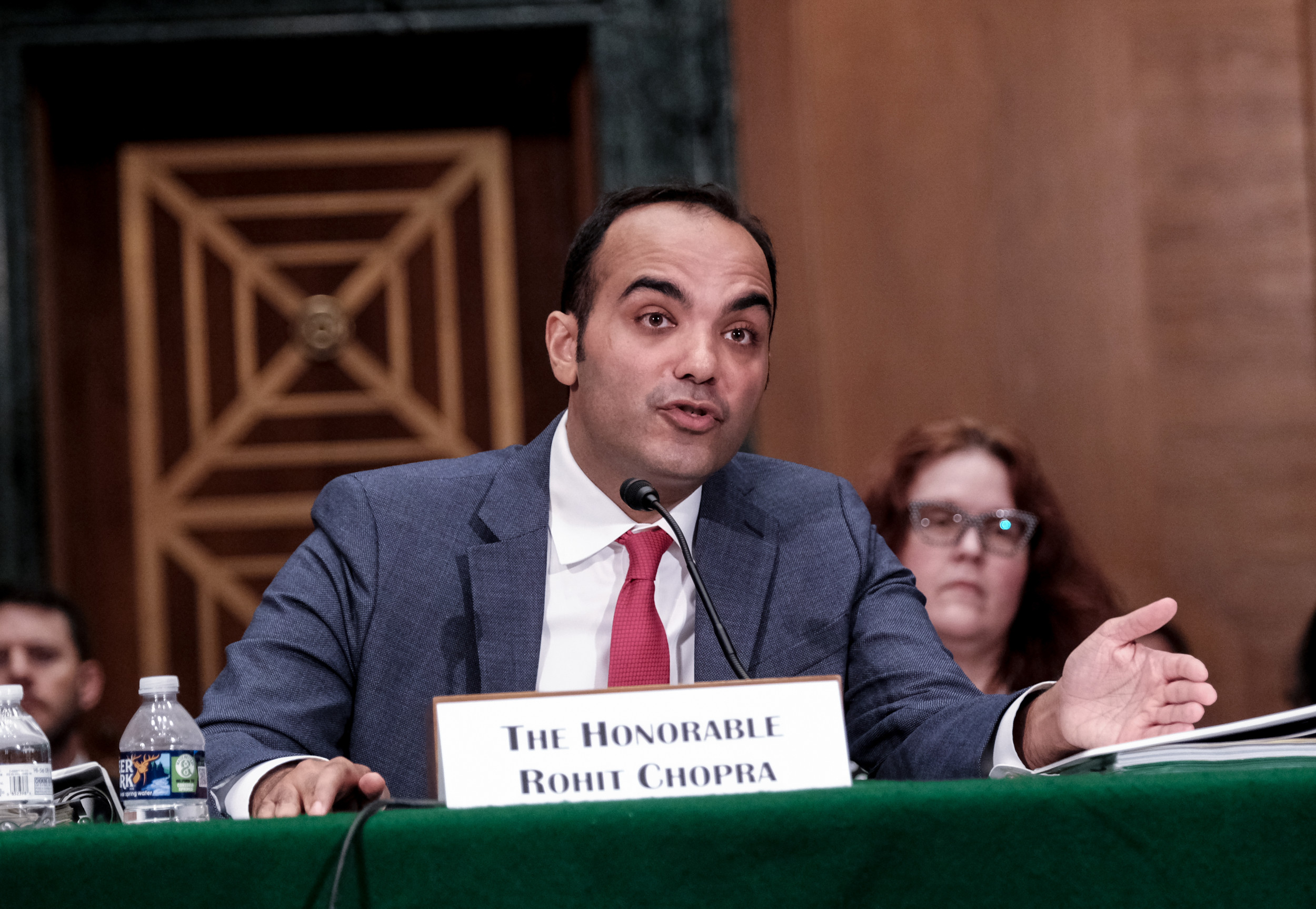
The voters have opted for a return to divided government beginning in January. The Democrats, knowing they're coming back in to power in just a few short months, will probably take the position they're not going to do much of anything to help the Republicans close out the year. In fact, they're probably going to do as much as they can to block the president and his party from claiming any last-minute victories in the lame-duck session.
The coming Democrat majority in the House will be, however, matched by an expanded GOP majority in the Senate. President Trump and Republican Senate Leader Mitch McConnell can continue their work remaking the judicial branch.
Up to now, their work, which includes the addition of two new originalist justices to the United States Supreme Court, has been stellar. Judges recently appointed to the bench at the circuit and district court levels will be making decisions affecting the direction of public policy long after the president's built his library and McConnell's gone off to a comfortable retirement back in his native Kentucky.
That work could have continued through the lame duck session, but for retiring Arizona Republican Jeff Flake. To the surprise of just about everyone, Flake threw a post-election monkey wrench into the judicial confirmation process by announcing he would not vote to move any more nominees out of committee—or, indeed vote for them on the floor—unless McConnell allowed a poorly conceived, highly political piece of legislation securing the independence from the White House of special prosecutor Robert Mueller to come to the floor for a vote.
It apparently doesn't concern Flake he's standing in the way of the kind of change in the judicial branch he's been an advocate for ever since he was head of The Goldwater Institute, the conservative Arizona-based state think tank which, under Flake's leadership, was held up as a model for what all the other center-right state think tanks should be. Instead, because Trump was personally mean to Flake and helped drive him to retire from the Senate after a single term (rather than run for re-election and likely lose,) Flake is letting the desire for personal political revenge to frustrate the ambitions not just of a president he opposes but a movement he helped build and helped flourish.
Flake's thrown in with the folks who think an independent prosecutor, accountable to no one, should be allowed to run roughshod over the White House in pursuit of the least little thing in order to discredit or better still, bring an indictment against a president they regard as illegitimate. This is just the kind of extra-legal activity those who strived for America's independence from Great Britain fought against.
Few people believe Mueller is still focused on allegations of collusion between Russian intelligence services and Trump campaign operatives to create a common effort to swing the election in 2016. No, he's descended to the level of process crimes more useful for squeezing defendants to roll over on their superiors.
Mueller doesn't need to be protected by Congress; nor should he be. He's an employee of the executive branch – specifically, the U.S. Department of Justice. His investigation falls under the supervision of the department and, therefore, the President of the United States. What some in Congress, like Flake, have it in mind to do would strip the chief executive of powers granted him in Article II of the Constitution. Is that really the side he wants to be on? Amazingly, it appears so.
If Trump or acting Attorney General Matt Whitaker want to fire Mueller, it's their prerogative to do so. And it's up to the voters to render the final judgment on them if they do. It's one of those checks and balances that make the American system the envy of the world.
Flake likely won't be able to stop the confirmation of any of the judicial nominees who've already cleared the committee process. An otherwise unified GOP has enough votes to get them through, as long as Vice President Mike Pence is around to break the tie. Where it hurts is in committee, with its margin of 11 to 10. By voting 'No,' Flake can keep any additional nominees who might make it through the lame duck season, even as Chuck Schumer's Democrats do all they can to make it take as long as it can take before getting to the unfilibusterable vote to confirm the nomination bottled up in committee.
That amounts to a few more good judges we won't get and a few more whom the White House will have to renominate in the next Congress. It's a shame—and a reminder that the being petty in Washington isn't just a presidential prerogative.
Newsweek contributing editor Peter Roff is has written extensively about politics, culture, and the media for U.S. News and World Report, United Press International, and various other publications. He can be reached by email at RoffColumns@GMAIL.com. Follow him on Twitter @PeterRoff.
The views expressed in this article are the author's own.
Uncommon Knowledge
Newsweek is committed to challenging conventional wisdom and finding connections in the search for common ground.
Newsweek is committed to challenging conventional wisdom and finding connections in the search for common ground.





